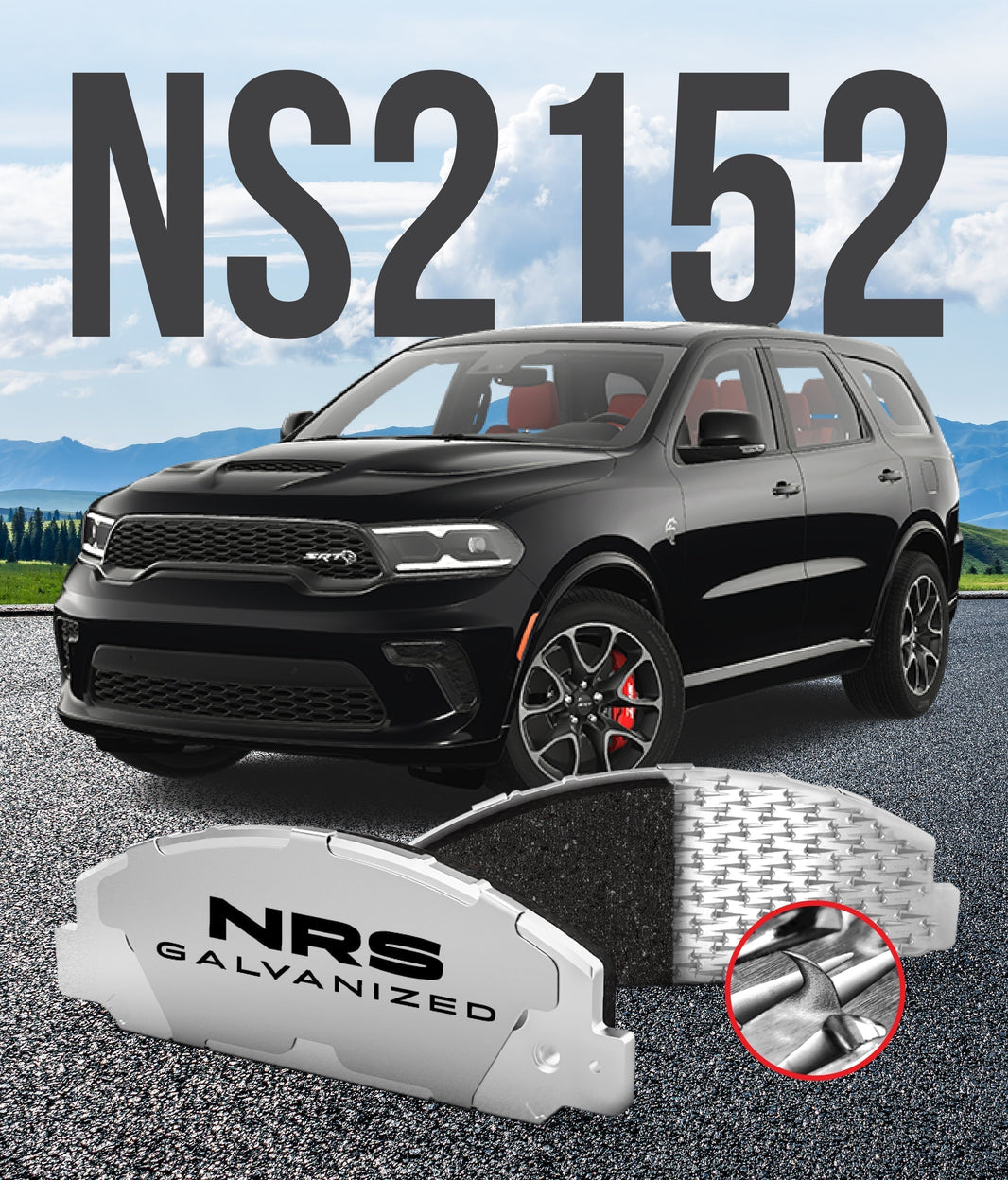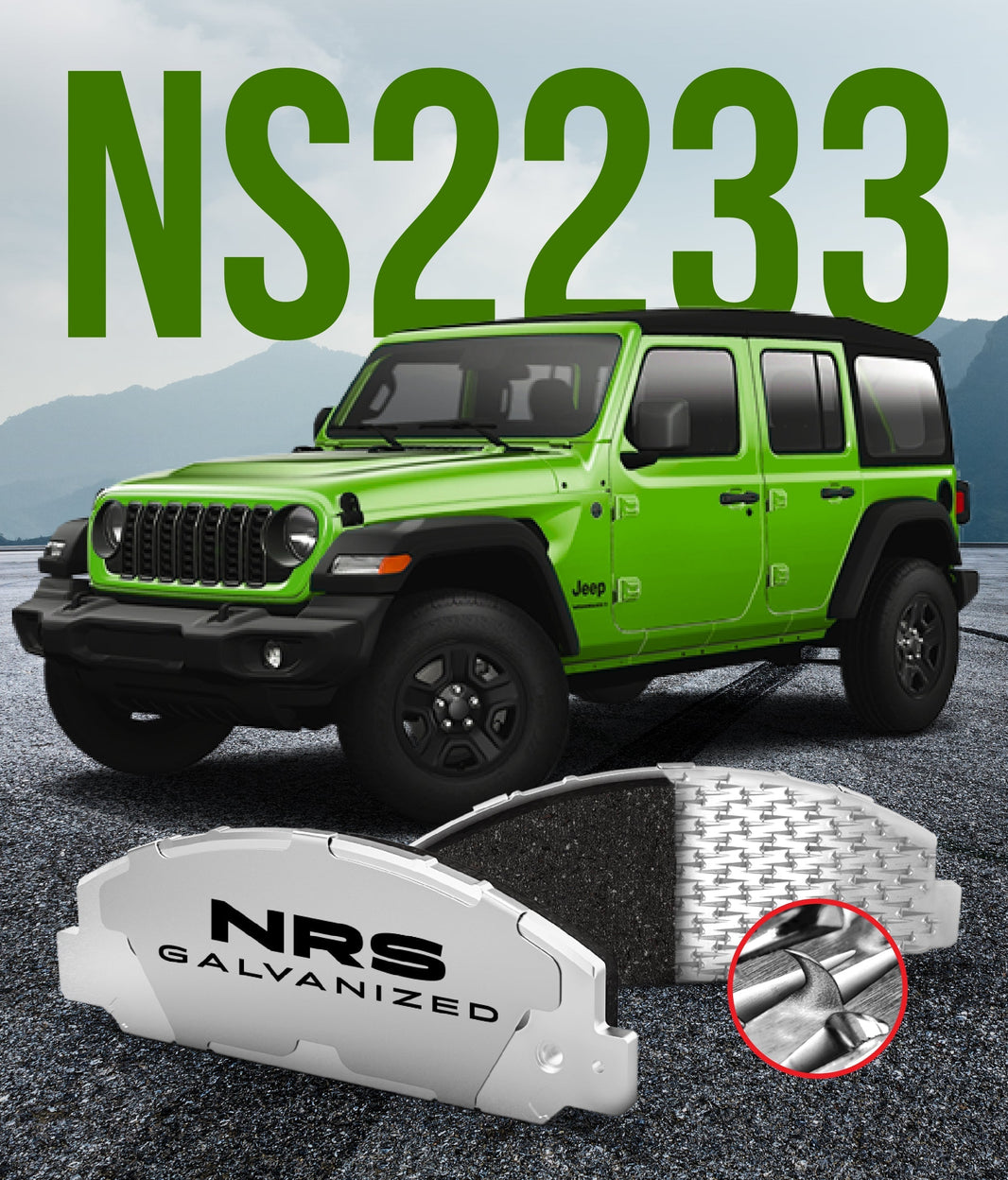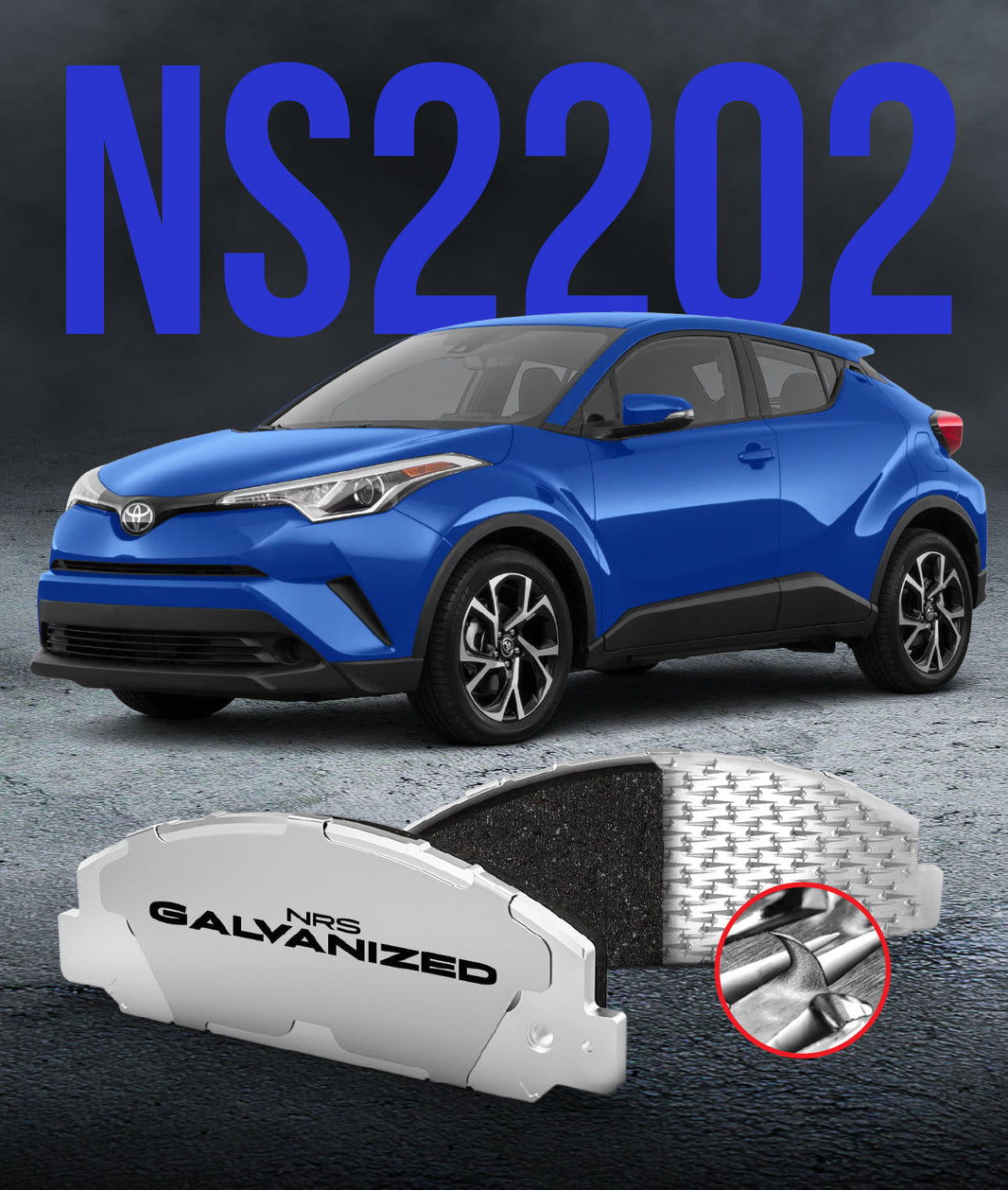
Of all the sounds a car can make, a loud grinding noise from your brakes is one of the most alarming. It’s a harsh, metallic protest that cuts through your music and instantly tells you something is seriously wrong. If a high-pitched squeal is your car's polite request for attention, a grinding sound is a desperate scream for help that you cannot afford to ignore.
This sound is a critical warning from what is arguably the most critical part of your brake system and your vehicle's overall safety. Continuing to drive is not just risking a much larger repair bill; it is a serious gamble with your ability to stop. Let's break down what that terrible noise means and what you need to do about it immediately.
The Most Common Cause: Critically Worn Brake Pads
In the vast majority of cases, a grinding noise when you apply the pedal means your brake pads are completely worn out. Your brake pads have a specific layer of friction material designed to press against the brake rotor, creating the force that stops your car. Before you hear a grind, you should have heard a high-pitched squeal, which is the sound of the built-in wear indicator.
If that initial warning was missed or ignored, the friction material has now been worn away entirely. The sound you are hearing is the metal backing plate of the brake pad grinding directly against the metal brake rotor. This is a severe metal-on-metal condition that actively damages your braking components with every press of the pedal.
What This Metal-on-Metal Contact Does
Imagine trying to stir a pot with a metal spoon, but instead of soup, the pot is full of gravel. The grinding action you hear is actively gouging and destroying the smooth surface of your brake rotor. This contact creates deep grooves and uneven surfaces, rendering the rotor ineffective and unsafe.
This damage means a simple brake pad replacement is no longer an option. The rotor, which is a much more substantial and expensive component, will also need to be replaced. This is why addressing the early signs that brake pads are worn is so important for keeping repair costs down.
The Impact on Stopping Power
When your brakes are in this state, your ability to stop is severely compromised. The metal backing plate cannot create the proper friction needed to slow your vehicle effectively. Your stopping distances will be much longer, and the brakes may fail completely under hard use due to the extreme heat generated.
This is not a situation where you can "limp it home" for a few more days. The vehicle is unsafe to operate, and the risk of brake failure is very real. Your safety, and the safety of others on the road, depends on taking immediate action.
Other Reasons Your Brakes Might Grind
While worn-out pads are the number one suspect, a few other issues can cause a similar grinding sound. A professional diagnosis is always necessary, but it helps to be aware of the other possibilities. These situations can also be serious and require prompt attention.
A Foreign Object in the System
Sometimes, a small rock, pebble, or other piece of road debris can become lodged between the brake pad and the rotor. This can cause a very loud, continuous scraping or grinding noise that may be present even when you are not applying the brakes. The object gets trapped in the caliper assembly and grinds against the rotor's surface as the wheel turns.
While the fix can be as simple as dislodging the debris, it often requires removing the wheel and caliper to get it out. If left for too long, even a small stone can cut a deep groove into the rotor. This would then necessitate a full rotor and pad replacement.
A Seized Brake Caliper
Your brake caliper is the hydraulic clamp that squeezes the pads against the rotor. Calipers use slide pins to move freely and apply pressure evenly. If these pins corrode and seize, the caliper can get stuck.
A stuck caliper can cause grinding in two ways: it may fail to press the pad against the rotor, but more commonly, it fails to release. This means the brake pad is in constant contact with the rotor, causing it to wear out extremely quickly on one side. This rapid, uneven wear leads to the same metal-on-metal condition and the resulting grinding sound.
Your Immediate Action Plan
Hearing a grinding noise from your brakes is not a suggestion; it's an order. The vehicle is telling you it needs to be stopped and serviced.
Follow these steps the moment you hear the sound:
-
Stop Driving: Safely pull over to the side of the road as soon as possible. The longer you drive, the more damage you cause and the greater the safety risk.
-
Assess the Situation: Turn off the engine and engage your parking brake. If you are in a safe location, you might be able to look through your wheel spokes to see if the rotor is visibly scored or damaged.
-
Call for a Tow: Do not attempt to drive the vehicle to a repair shop. The risk of brake failure is too high. A tow truck is the only safe way to transport the vehicle for service.
-
Get a Professional Inspection: Have a qualified mechanic perform a full brake inspection. They will be able to confirm the cause of the grinding and provide a detailed estimate for the necessary repairs. A thorough mechanic will give you a full checklist for your next brake job.
Ignoring the noise will only make the final repair bill higher. What starts as a pad replacement becomes a pad and rotor replacement. If that is ignored, it can become a pad, rotor, and caliper replacement, significantly increasing the total brake pad replacement cost.
Conclusion
A grinding brake is the final, most urgent warning your car can give you about its braking system. It almost always signals direct metal-on-metal contact, which destroys components and severely reduces your ability to stop safely. The moment you hear it, your only course of action is to pull over and call for professional help.
Proactive maintenance and listening to your car's earlier, quieter warnings—like a squeal—will always be safer and more affordable than waiting for the grind. A regular inspection is the best way to know if it's time for a brake check. Have you ever waited too long to address a strange noise from your car?




